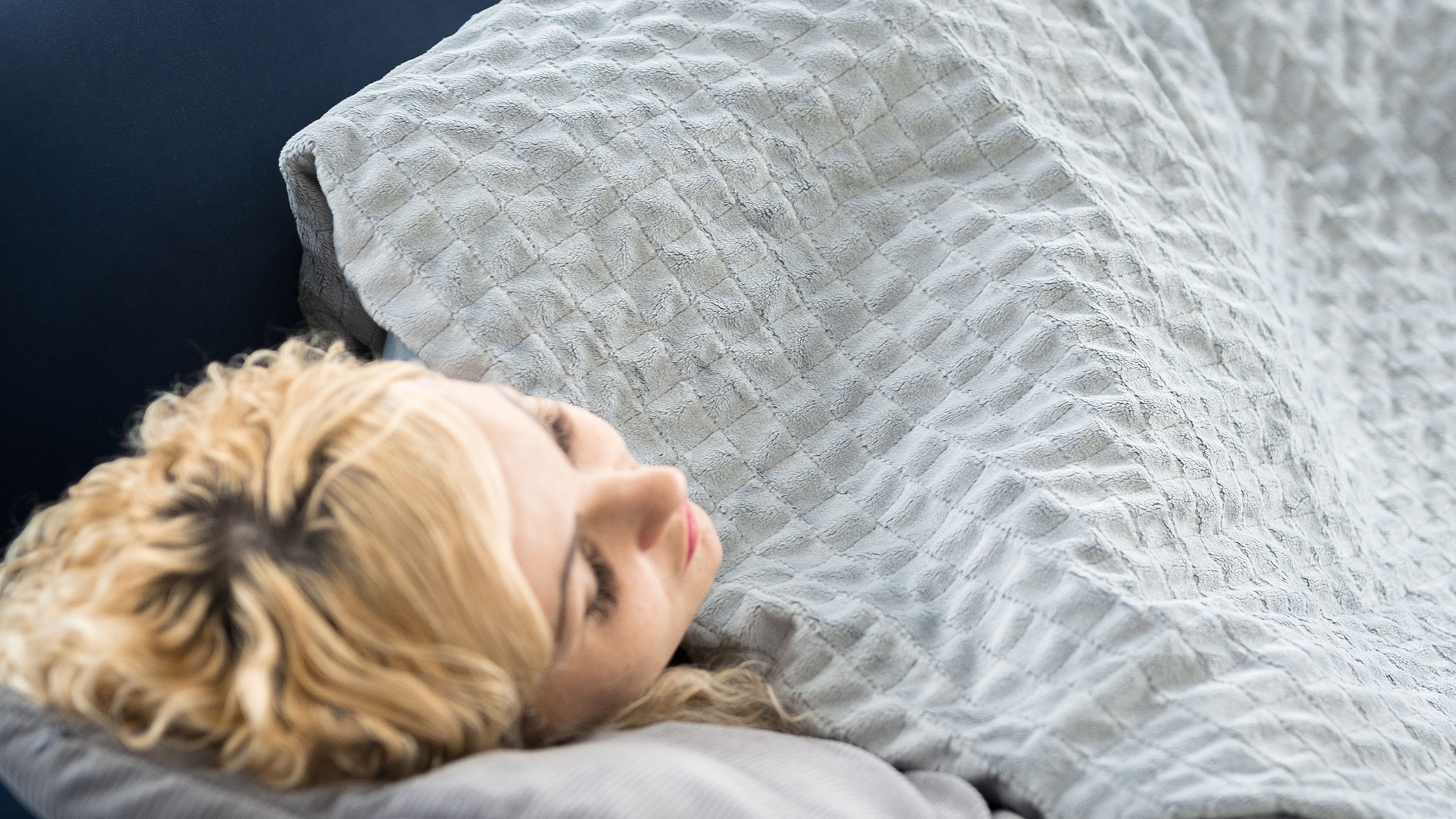
Melatonin is responsible for our sleep, protects against many diseases and helps fight depression. However, although it has a number of beneficial features, it can be dangerous. Even so, it is readily available in every pharmacy, like the most common vitamin supplements.
From the brain to the intestines
Melatonin, also known as the „hormone of darkness”, is produced by the pineal gland. The pineal gland, in turn, starts or stops hormone production, depending on the information received from our eyes about whether it is daylight, or still night. In a healthy person, light inhibits the production of melatonin, so that we function normally during the day, at school or work. However, when it begins to darken outside, the pineal gland becomes increasingly active and when the level of the „hormone of darkness” reaches the appropriate intensity, we feel drowsy and go to bed. This is an extremely important process for the proper functioning of our biological clock, which instructs the body what time it is and how to adapt our activity accordingly. When the level of melatonin is too low, we feel tired, but we cannot fall asleep because our body is still prepared for normal daily activity.
Furthermore, the same chemical can be produced in the bone marrow, intestines and eyes as well as in the pineal gland. Melatonin also has a function in the digestive system where it is formed in very large quantities to control bowel movements. Some scientists suspect that melatonin residue travels from the gut into the bloodstream, which would explain excessive
sleepiness after eating a hearty meal.
Melatonin is like steroids
When our body is not working properly and the level of melatonin is too low, we get tired from insomnia and general sleep deprivation. Long-term disturbances of melatonin secretion may also lead to depression or seizures. However, what can occur if we take too much melatonin in pill-form in order to achieve better sleep? According to Dr George Bentley from the University of California, melatonin is a powerful hormone perhaps comparable with steroids. According to him, self-administration of melatonin can lead to chaos in the body, including physiological side effects. Research on fish at the University of Houston shows that melatonin can hinder the memorizing process. From a biological point of view, our ancestors didn’t have to process much information at night, so the brain could react by „switching off” the memory function. Unfortunately, today we are more active for longer periods during the day and into the night which impedes the normal hormone function. Because of this desire to gain time and „squeeze” from the day as much as possible, we work until late and then reach for the „sleeping pill” hormone in the form of melatonin. This long-term reduction of the night hours has consequences and results in even greater problems with sleep and normal functioning.
Carcinogenic light
Geographical location, working or staying up until late forces us to use artificial light which can even have fatal consequences. Melatonin is a powerful antioxidant, which eliminates free radicals which damage healthy cells and accelerate the ageing process, perhaps even lead to cancer. Night-owls and night-shift workers who spend a great deal of time in a room with strong artificial lighting usually have low melatonin levels and are possibly more likely to develop breast, prostate and colon cancer. Currently, research is also being conducted to determine whether low levels of this hormone also lead to periodontitis, inflammation of the intestines and eyes. What is the happy medium for melatonin? As always, natural is best. So, take good care of your health, first applying the principles of sleep hygiene. Check whether our bed is adapted properly to our needs, and the bedding does not irritate or cause sensitivities. Do not use strong artificial light in the bedroom, especially in the form of blue light emitted from phones, laptops or computers. Find your natural circadian rhythm and stick to it consistently, even at weekends and on holidays. If this doesn’t work, take the advice of a specialist, and reach for a melatonin tablet only in special cases, e.g. struggling with „jet lag” after a journey.
